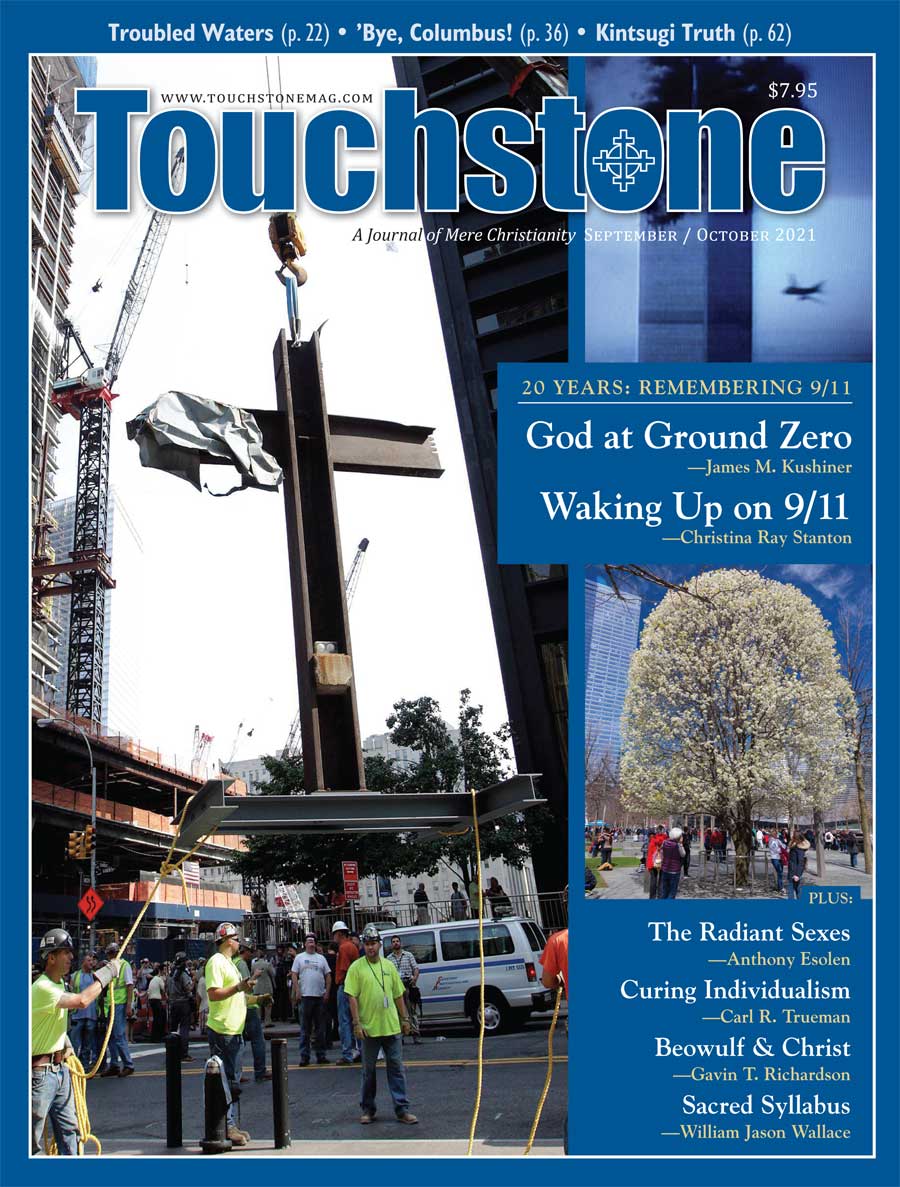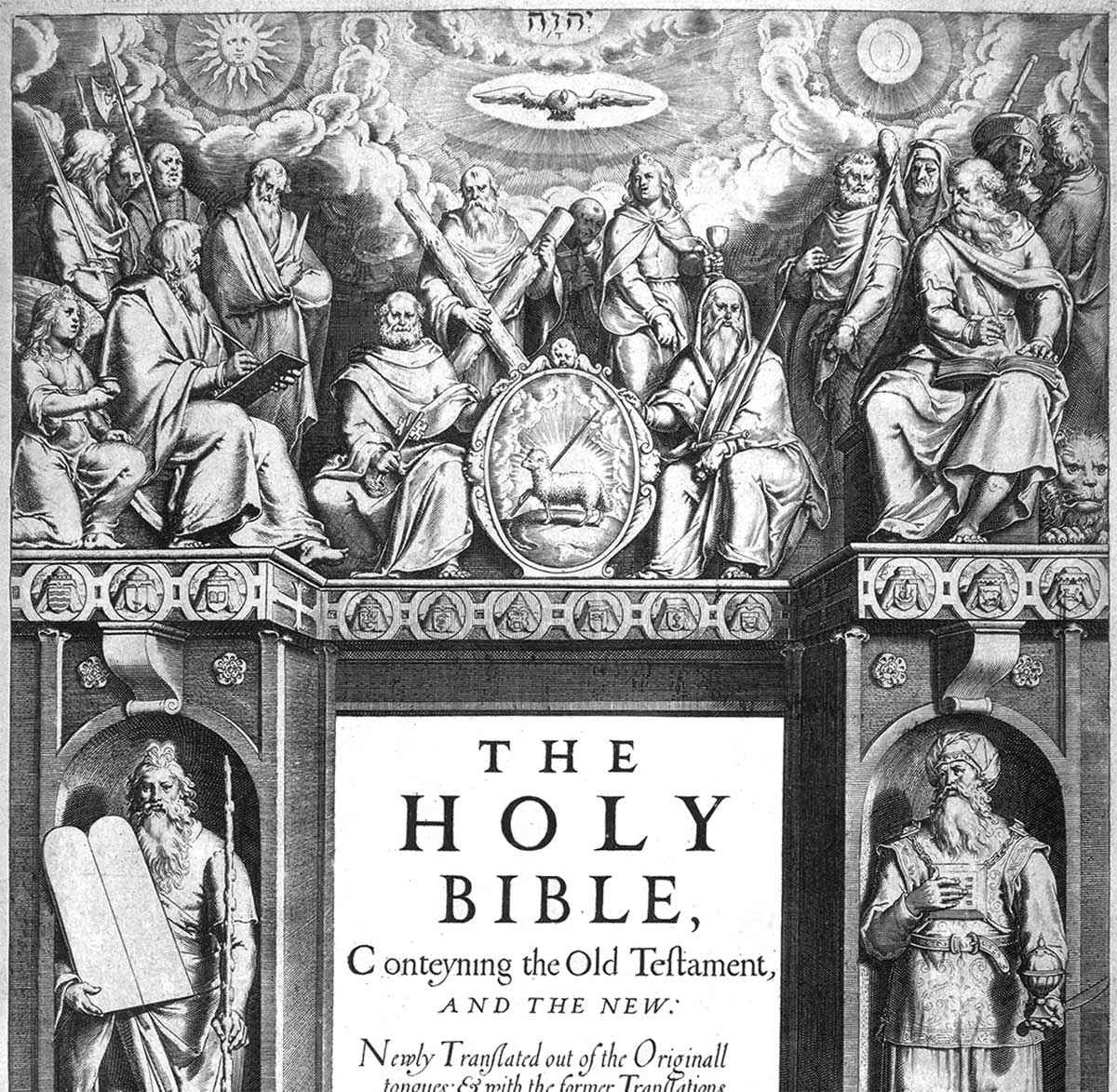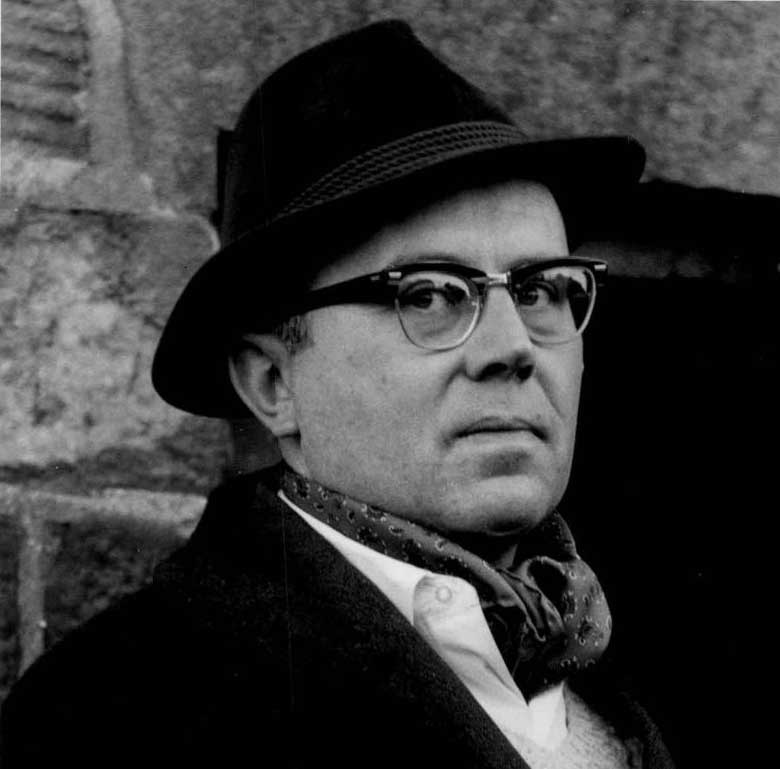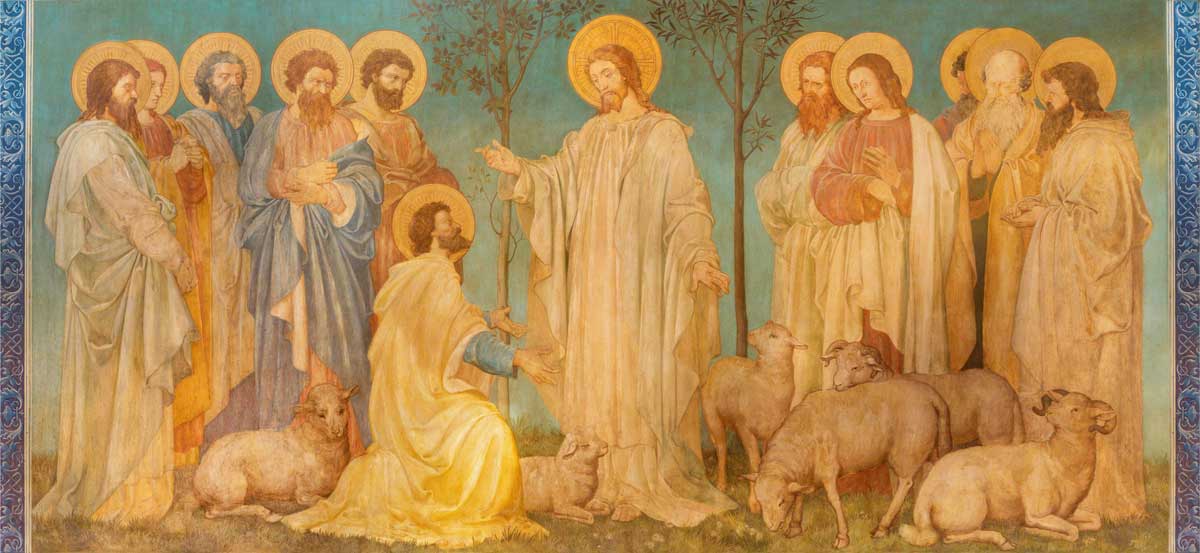The Little Classicist & the Fall of the Churches
Nearly everyone close to small children has had, I would imagine, the experience of reading one of their favored books to them and getting something wrong—skipping or mispronouncing a word, or in some other way altering the text. Those who have made such mistakes normally take pains not to do it again, for they are not tolerated. The child will call out the error immediately, and the right word will be vigorously insisted upon. If such carelessness persists, the reader will be marked as unreliable and no longer permitted to serve in that capacity.
Thus, every child knows the Rule behind lex orandi lex credendi: the language of worship, considered in its broadest sense, defines the faith of the worshiper, for he knows that a change in a received text is a change in the Story itself, which he senses as a transgression of the structure of the reality with which he is constantly struggling to come to terms. No one needs to quote Heidegger to him that "language is the house of being," for of this he is intuitively aware in the same way he knows at the deepest level that "in the beginning was the Word." Changes in wording break the windows of the house of meaning he has been trying to build, letting in the cold and killing airs. However innocent the transgression may have been on the part of his lector, the child feels the prick of spiritual pain and reacts accordingly. If he is reasonable, and some children are, he may be open to an explanation, if there is one: "Daddy said 'dwarf' instead of 'goblin' because this story was first written in French, and the right translation of the French word is 'dwarf.'" The child is not happy about this, but may accept it and blame the stupid translator instead of his father—but blame there is, and it must be placed as a simple matter of justice.
In a Bible given to me by my grandparents on my seventh birthday one will find parts marked whose interpretation by my church I did not understand, for it did not seem to follow the plain meaning of the text I had been taught was so important. My pastors, when they reached these places in their preaching, got suspiciously technical and referred to their meanings in the original languages, which I did not know. I have now learned those languages and can confirm my childhood suspicions that the door of understanding was kept closed upon me by our scribes, a door they feared to enter themselves. It was the distress of being ignorant of Important Things that started me on a long pilgrimage, a quite deliberate (when I could manage it) tour of the churches and their teachers in the attempt to satisfy a childhood hunger to know which of them was telling the all-important Bible Story right to its children.
THIS ARTICLE ONLY AVAILABLE TO SUBSCRIBERS.
FOR QUICK ACCESS:
S. M. Hutchens is a senior editor and longtime writer for Touchstone.
subscription options
Order
Print/Online Subscription

Get six issues (one year) of Touchstone PLUS full online access including pdf downloads for only $39.95. That's only $3.34 per month!
Order
Online Only
Subscription

Get a one-year full-access subscription to the Touchstone online archives for only $19.95. That's only $1.66 per month!
bulk subscriptions
Order Touchstone subscriptions in bulk and save $10 per sub! Each subscription includes 6 issues of Touchstone plus full online access to touchstonemag.com—including archives, videos, and pdf downloads of recent issues for only $29.95 each! Great for churches or study groups.
Transactions will be processed on a secure server.
more from the online archives
calling all readers
Please Donate
"There are magazines worth reading but few worth saving . . . Touchstone is just such a magazine."
—Alice von Hildebrand
"Here we do not concede one square millimeter of territory to falsehood, folly, contemporary sentimentality, or fashion. We speak the truth, and let God be our judge. . . . Touchstone is the one committedly Christian conservative journal."
—Anthony Esolen, Touchstone senior editor










